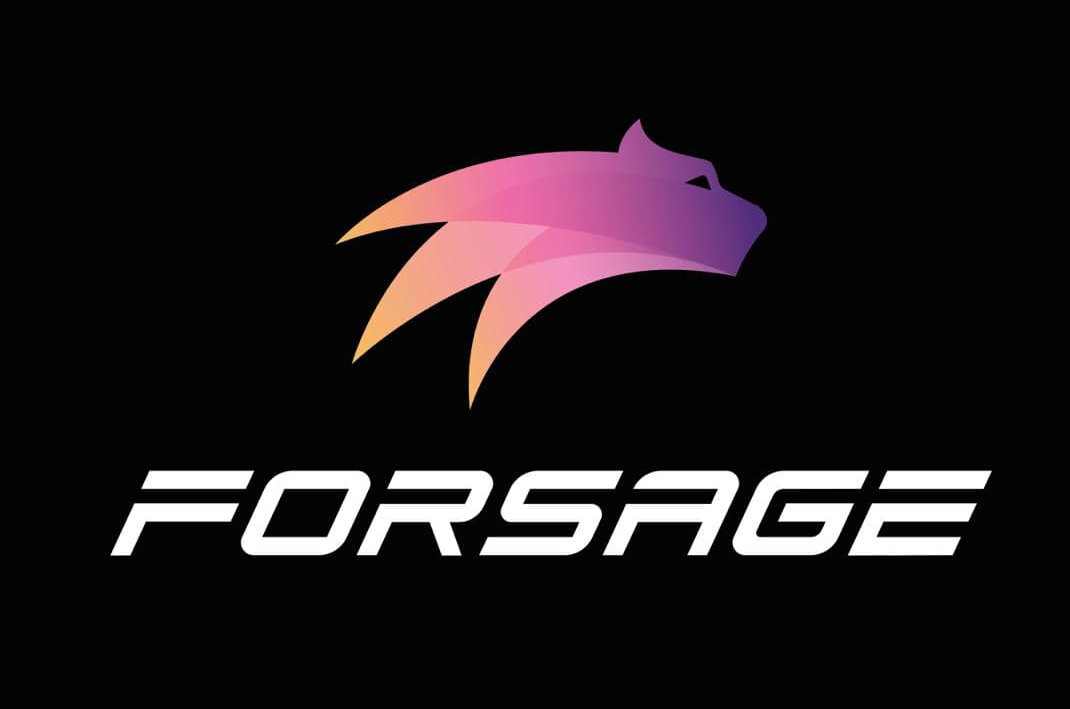
In January 2020, the SEC filed a lawsuit against the founders of Forsage.io, which allowed consumers to deposit money into smart contracts on the Ethereum, Tron, and Binance smart chain blockchains. Forsage was a pyramid scheme in which former investors profited by recruiting new members and was said to have a Ponzi element, in which assets from new investors were utilized to pay off previous investors.
The US Securities and Exchange Commission (SEC) charged 11 people on August 1st, including four founders and seven promoters of the Forsage Ponzi Scheme. According to the securities regulator, the fraudulent crypto pyramid and Ponzi scheme Forsage amassed more than $300 million from retail investors worldwide. According to reports, millions of dollars were invested in this project.
Forsage is the Crypto World’s Ponzi Scheme
The project was launched in January 2020 as a decentralized app (dApp) on the Ethereum blockchain, the second largest digital asset platform. It quickly became one of the most popular dApps on the ETH blockchain. According to Dune Analytics data, at its peak times, Forsage consumed roughly 1/4th of the Ethereum blockchain’s bandwidth, causing gas fees on the second largest blockchain to rise.
Forsage attracted users worldwide to its platform, where they could deposit their crypto assets and fund automatically executed smart contracts in exchange for profits. Forsage’s official website claims to accept ETH, TRON, and Binance crypto tokens. In typical Ponzi scheme fashion, the company allegedly paid its earlier investors with funds collected from recent investors. Furthermore, network investors profited by recruiting others to the platform, allowing Forsage to operate as a pyramid scheme for over two years.
Efforts by Regulators to Stop Forsage Operations in Their Jurisdiction
The cease-and-desist orders issued by the Philippine Securities and Exchange Commission and the Montana Commissioner of Securities and Insurance in September 2020 and March 2021, respectively, were ineffective in limiting the reach of Forsage’s fraudulent activity. Forsage kept going, denying all allegations in YouTube videos and on other platforms.
SEC to Take Strict Action on Involved Parties
The SEC filed a complaint in the Northern District of Illinois against people from Missouri, Idaho, Kentucky, Virginia, Illinois, Florida, and Wisconsin, alleging violations of federal securities registration and anti-fraud rules. Two defendants chose to settle out of court, paying disgorgement and civil penalties without admitting or denying guilt.
The SEC of the United States referred to Crypto Crusaders as “the largest promotional group for the scheme that operated in the United States,” and they created infographics that disproved any claims that Forsage’s operations resembled a “pyramid scheme.”
In a press release, the SEC accuses the defendants of “violating the registration and anti-fraud provisions of the federal securities laws.” Ellis and Theissen, two of the promoters, have agreed to settle the charges. Ellis and Theissen will also have to pay disgorgement and civil penalties. It should be noted that both settlements are contingent on court approval.
Addressing the Forsage case, the deputy chief of the SEC’s Crypto Assets and Cyber Unit stated that offenders could not escape securities regulations merely by utilizing smart contracts and blockchain. The SEC expressed gratitude to the Filipino and Montana regulators for cooperating with the probe.
Related
- Best Altcoin Exchange 2022 – Cheapest Altcoin Trading Platforms
- SEC Says These 9 Cryptocurrency Tokens Are Securities
Battle Infinity - New Metaverse Game